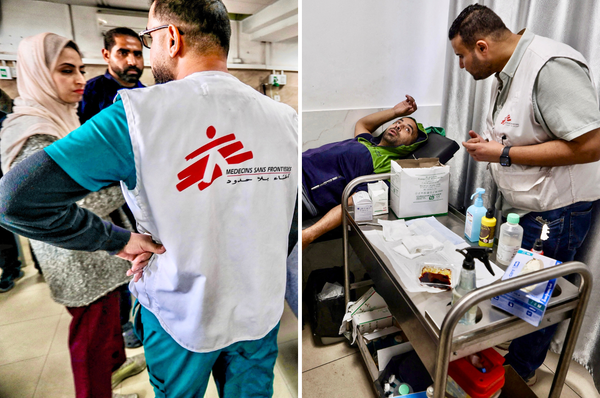Kosovo Has Appointed This Woman Anti-Corruption Activist And Lawyer As Its New President
Vjosa Osmani, a 38-year-old lawyer, has been elected as Kosovo’s president by the parliament, becoming the country’s second woman president.
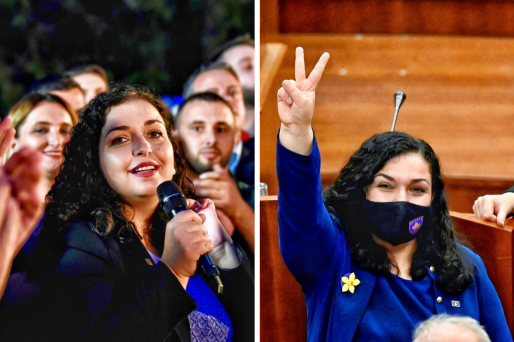
Vjosa Osmani, a 38-year-old lawyer, has been elected as Kosovo’s president by the parliament in Pristina, the country’s capital, becoming the country’s second woman president.
Osmani, who had been serving as the acting president after President Hashim Thaçi resigned in November to face charges of war crimes and crimes against humanity, received 71 votes from the 82 lawmakers who were present in the 120-seat parliament on Sunday Apr. 4.
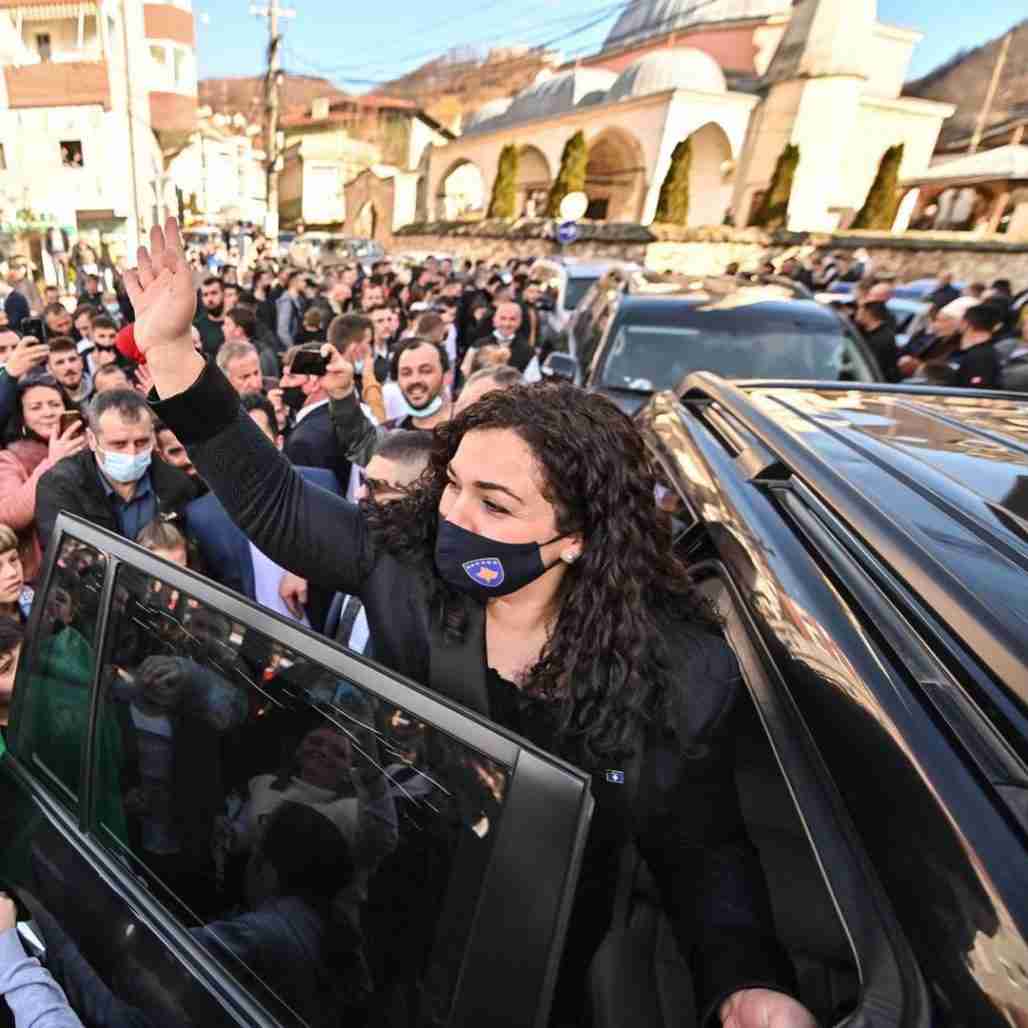
Despite two opposition parties and the ethnic Serb minority party boycotting the vote, she won the election with the backing of Prime Minister Albin Kurti and his left-wing Vetevendosje (Self-Determination) party.
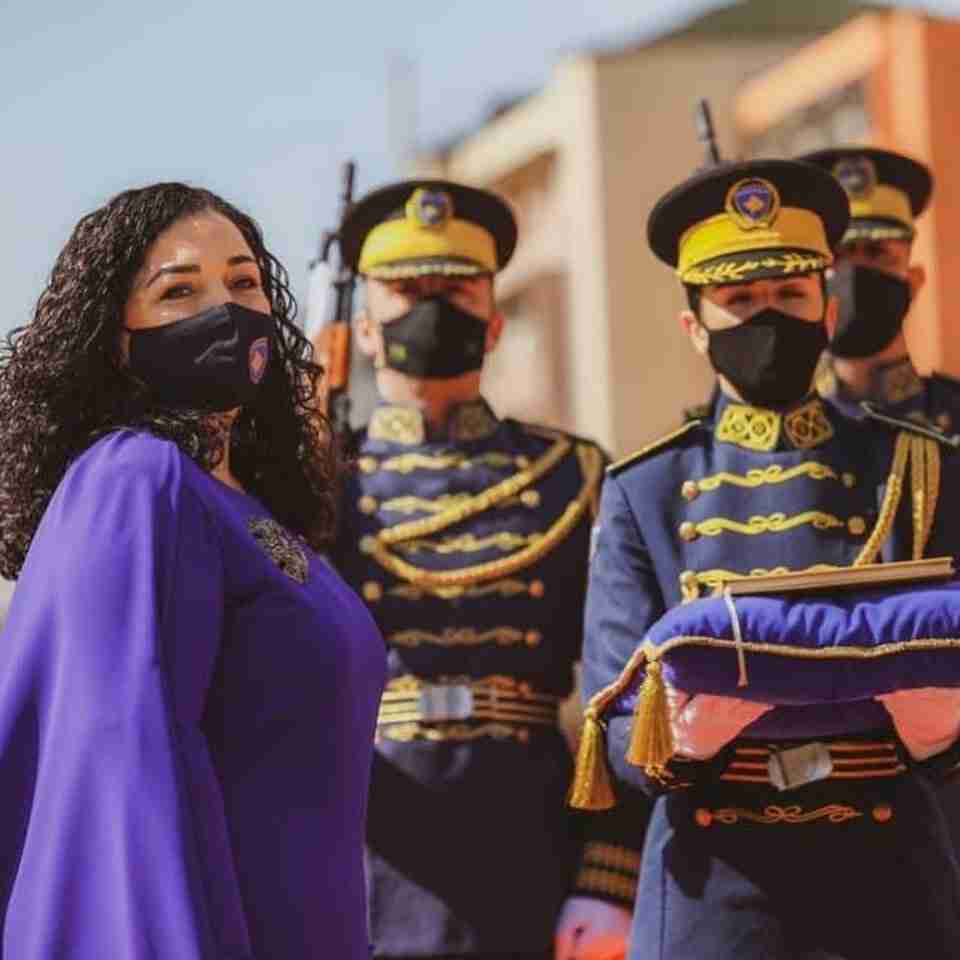
Osmani, a mother of two, earned her a master degree in law and a doctorate in juridical science from the University of Pittsburgh in the States and was a member of Kosovo’s parliament for three terms, once receiving the most number of votes for a woman politician in the country’s history, according to local media reports.
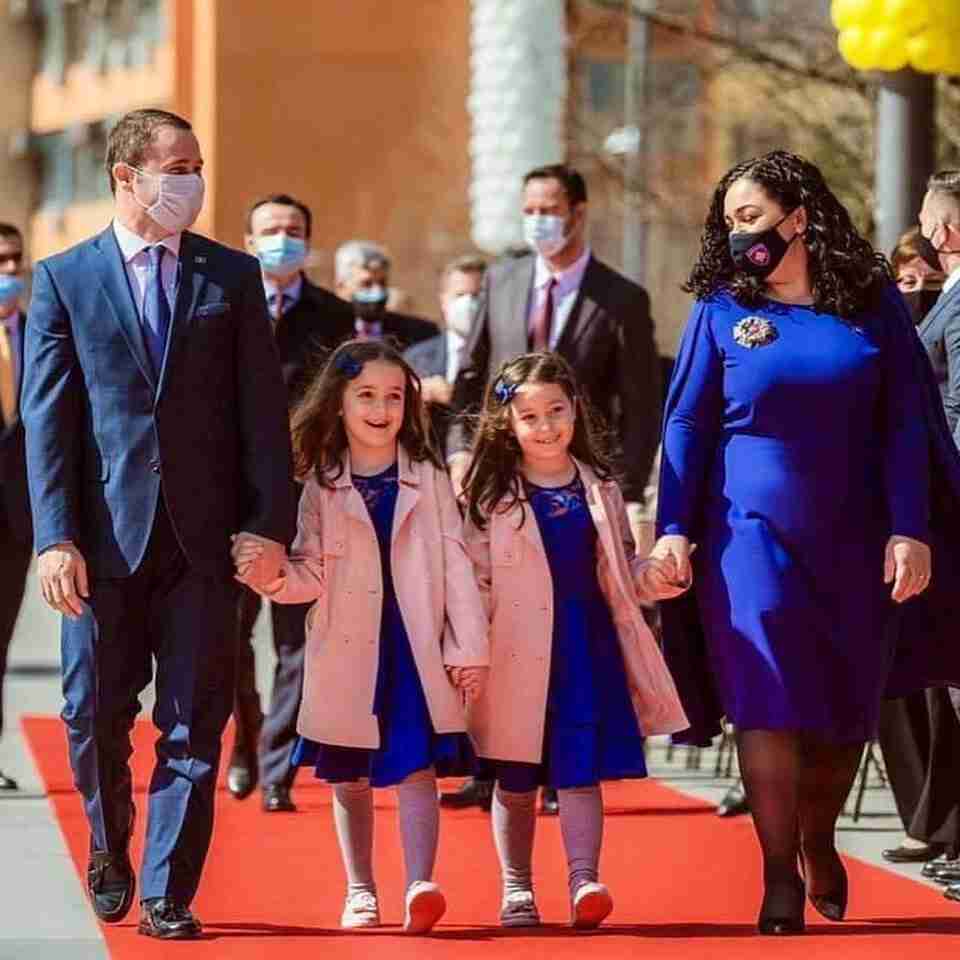
In August 2009, she was elected as the chief of staff for former Fatmir Sejdiu and also served as his legal counsel and foreign policy advisor.
Osmani is also known for her contribution to Kosovo’s independence, having represented the country in a case at the International Court of Justice, where she defended the legality of the country’s independence.
In January, she founded her own party, Guxo, and campaigned for the 2021 parliamentary elections on an anti-corruption platform along with the prime minister Kurti’s party. The two parties won in a landslide victory, and Osmani personally received more than 300,000 votes, according to the Daily Sabah. The election also saw women win a third of the 120-seat parliament and a record six positions out of the 15 positions in the cabinet.
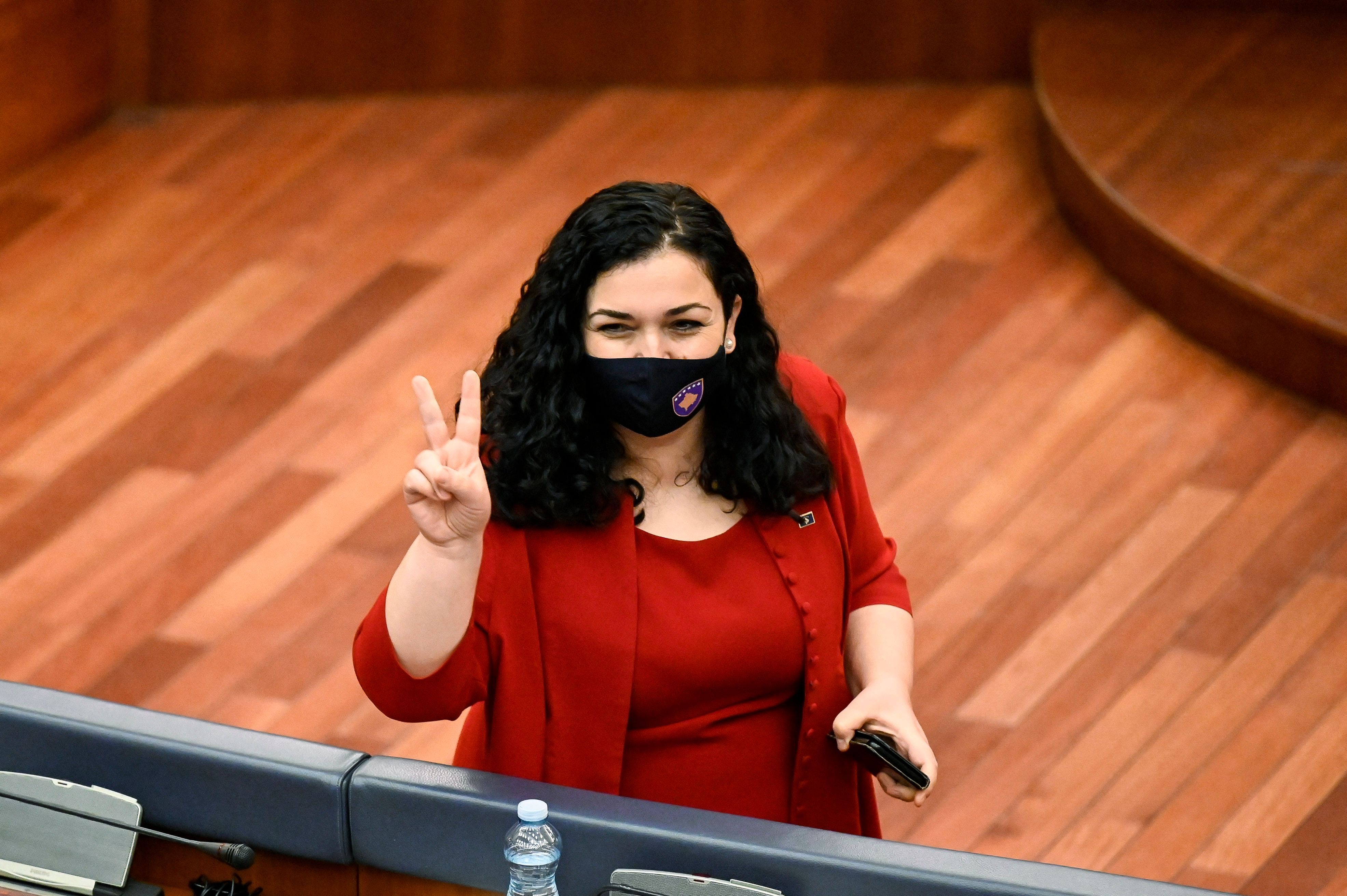
“Peace would be achieved only when we see remorse and an apology from Serbia and when we see justice for those who have suffered from their crimes,” Osmani said after her win, DW reported.
“Today, Kosovo once again elected a woman president,” she said, according to AFP. “For all the girls who may be watching us in these moments, I hope you always remember what I am saying now: Girls have the right to to be wherever they want, they can dream of their future every night, for which they work hard and diligently.”
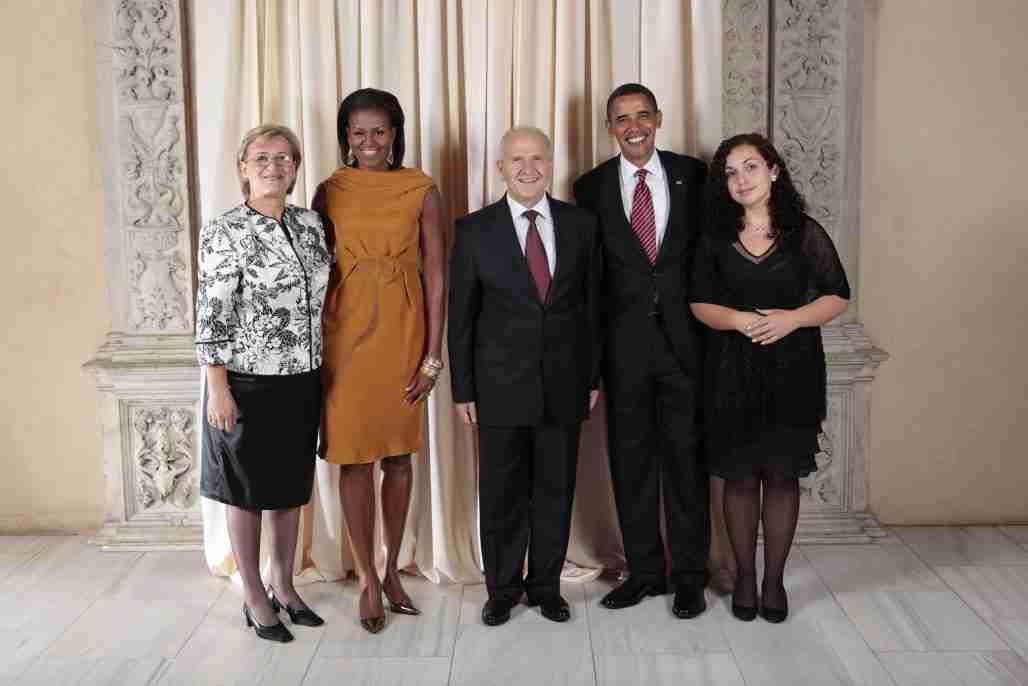
Although the role of the president is largely ceremonial, Osmani, who speaks Albanian, English, Serbian, Spanish and Turkish, will now oversee the country’s armed forces and serve as one of Kosovo’s top diplomatic representatives, according to DW.

In February, Thaçi, a guerilla leader in Kosovo’s fight for independence, resigned as the president to face charges of war crimes and crimes against humanity allegedly committed during the war for independence from Serbia between 1998 and 1999.
Kosovo, which was part of Serbia from 1912, is comprised of mostly ethnic Albanians and enjoyed autonomy from Serbia in the 1980s.
In 1989, following the election of Slobodan Milošević as its president, Serbia sought to bring Kosovo back under its control. This led to the rise of the KLA, a guerilla group that started attacking Serbian security forces in Kosovo to try to win independence.
Serbia retaliated by sending in more troops to defeat the KLA, displacing thousands of Kosovar Albanians and killing civilians and KLA members.
As attempts at a diplomatic solution failed, NATO intervened and began air strikes against Serbian forces.
The war, which ended with Yugoslav and Serb forces agreeing to withdraw from Kosovo for an international presence, left more than 13,000 dead, mostly Kosovar Albanians killed by Serbian forces.
However, more than 2,000 Serbs, Roma and Kosovar Albanians were killed in NATO bombings and by guerilla groups like the KLA, according to the Humanitarian Law Center.
In February, the Vetevendosje party won more than 50 percent of the votes in the election, reforming the parliament’s structure for the first time, which had always been dominated by the KLA.

